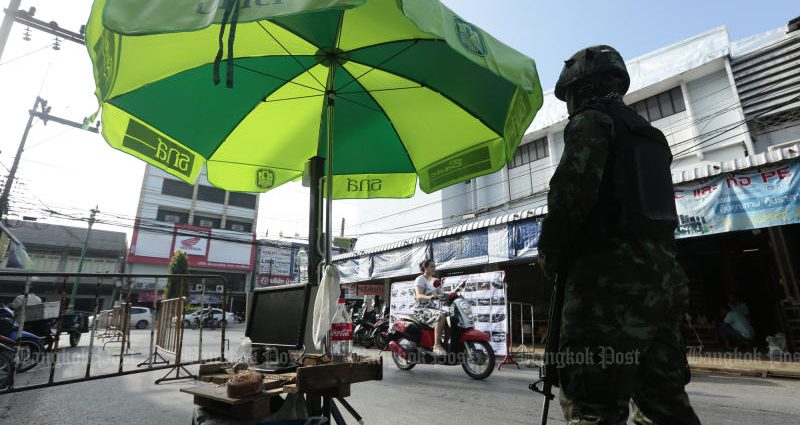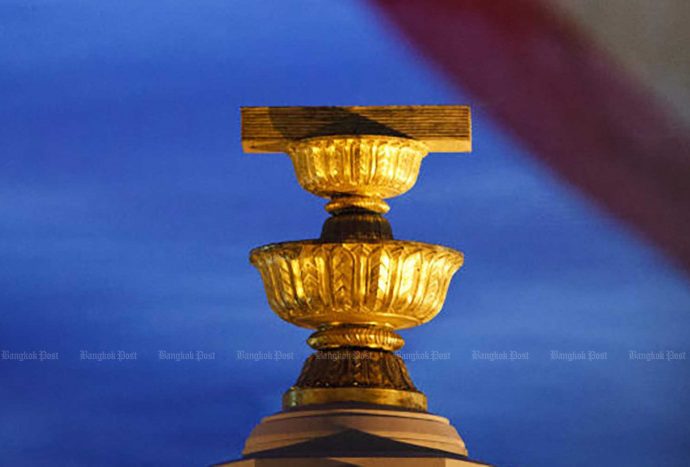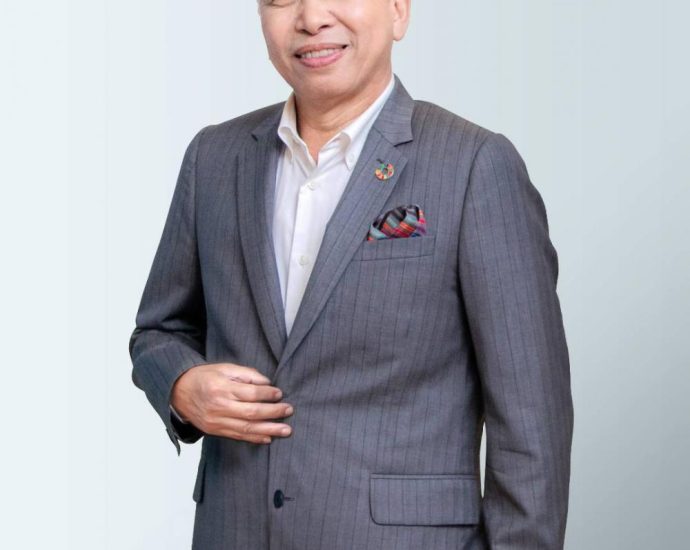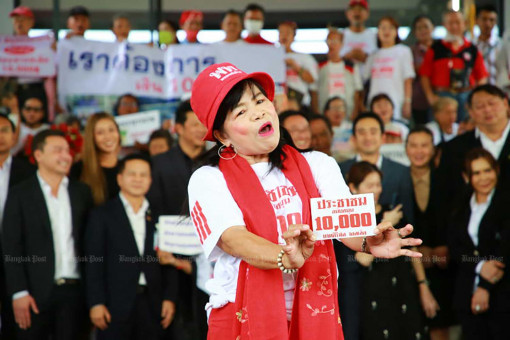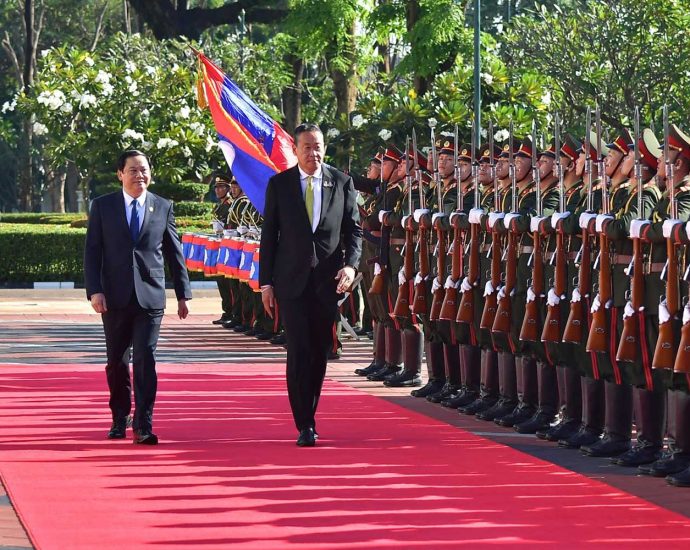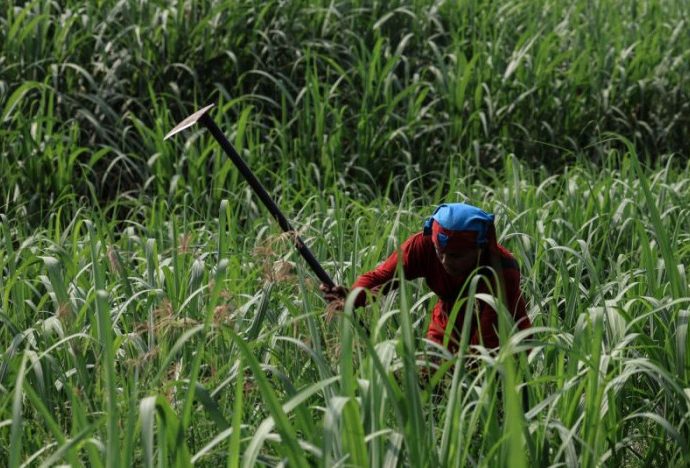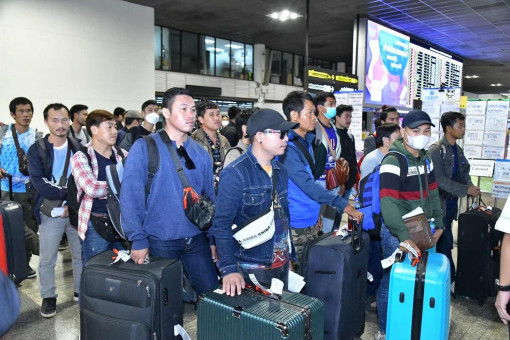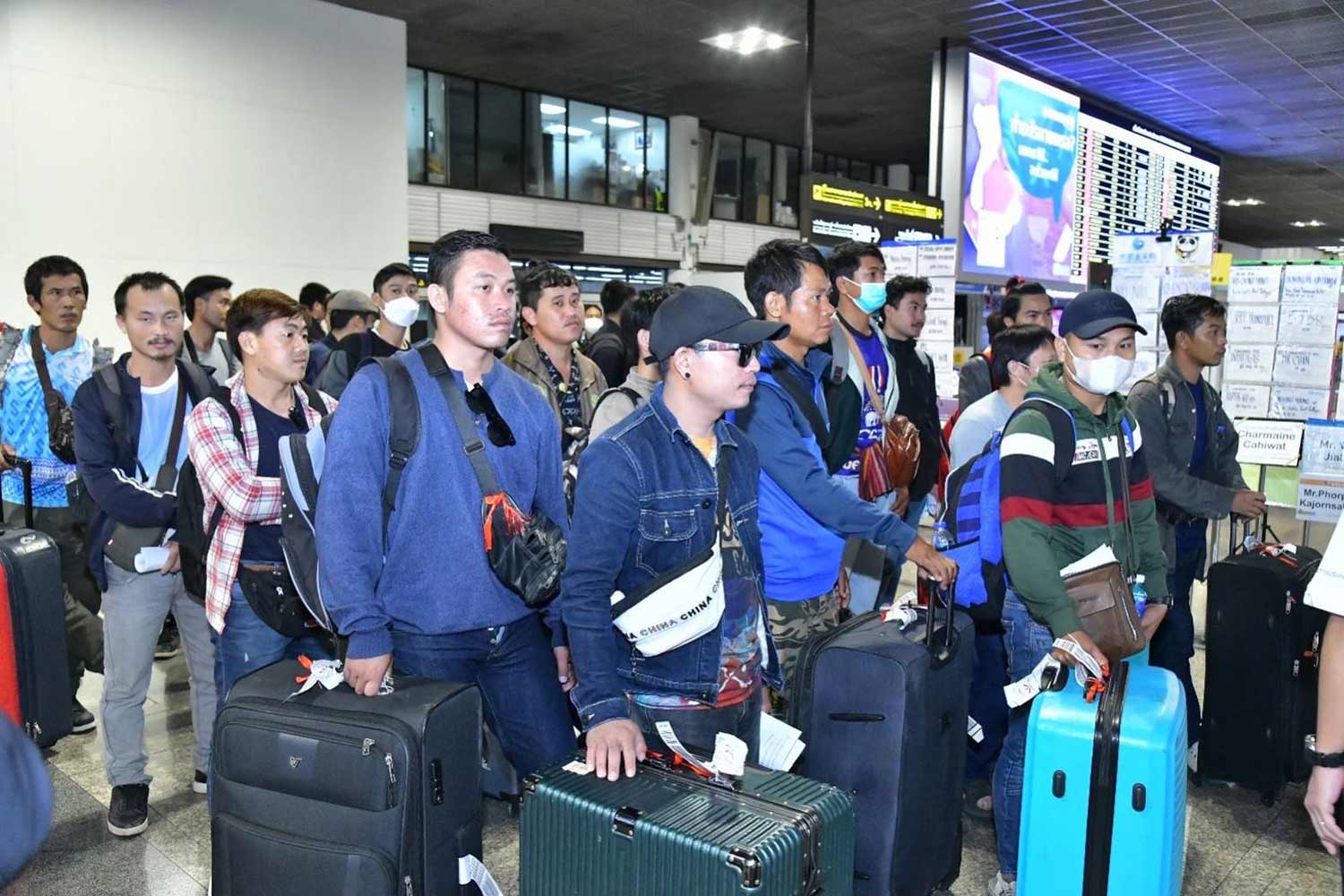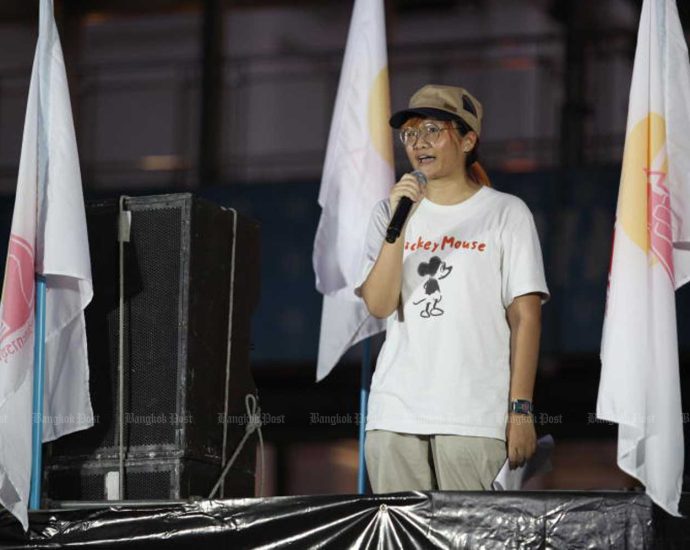Grenades fired at security checkpoint in Yala
PUBLISHED : 31 Oct 2023 at 06:43

YALA: An unidentified gang fired two M79 grenades at a security checkpoint in this southern border province city late on Sunday night.
The case was reported to Pol Capt Narin Saengdet, a commissioned duty officer at Muang Yala Police Station, at 12.20am on Monday.
According to police, the suspects fired the M79s at the Saphan Dum checkpoint in Yala City Municipality, which was manned by both soldiers and volunteer defence corps (VDCs) personnel.
Moo-Aek Phongsak, one of the Muang Yala VDCs at the checkpoint, said the second M79 grenade followed the first one after a minute.
The checkpoint personnel fired their weapons at the gang, who fled the scene, he said.
A 79-year-old woman said she heard the fighting and closed her curtains, turned off her lights, and hid inside her house.
Officers from the Explosive Ordnance Disposal (EOD) department and the Provincial Forensic Science Office 10 were sent to where the explosions occurred.
The grenades were found to have damaged several houses and buildings near the checkpoint. All residents were reported unharmed.
Security measures in the area will be subsequently intensified, especially with the ongoing Chak Phra annual Buddhist festival, which ends on Friday.
Justice Minister Pol Col Tawee Sodsong was in Songkhla yesterday to discuss broad measures to address a range of issues in the deep South, including sustainable peace management and area development.

